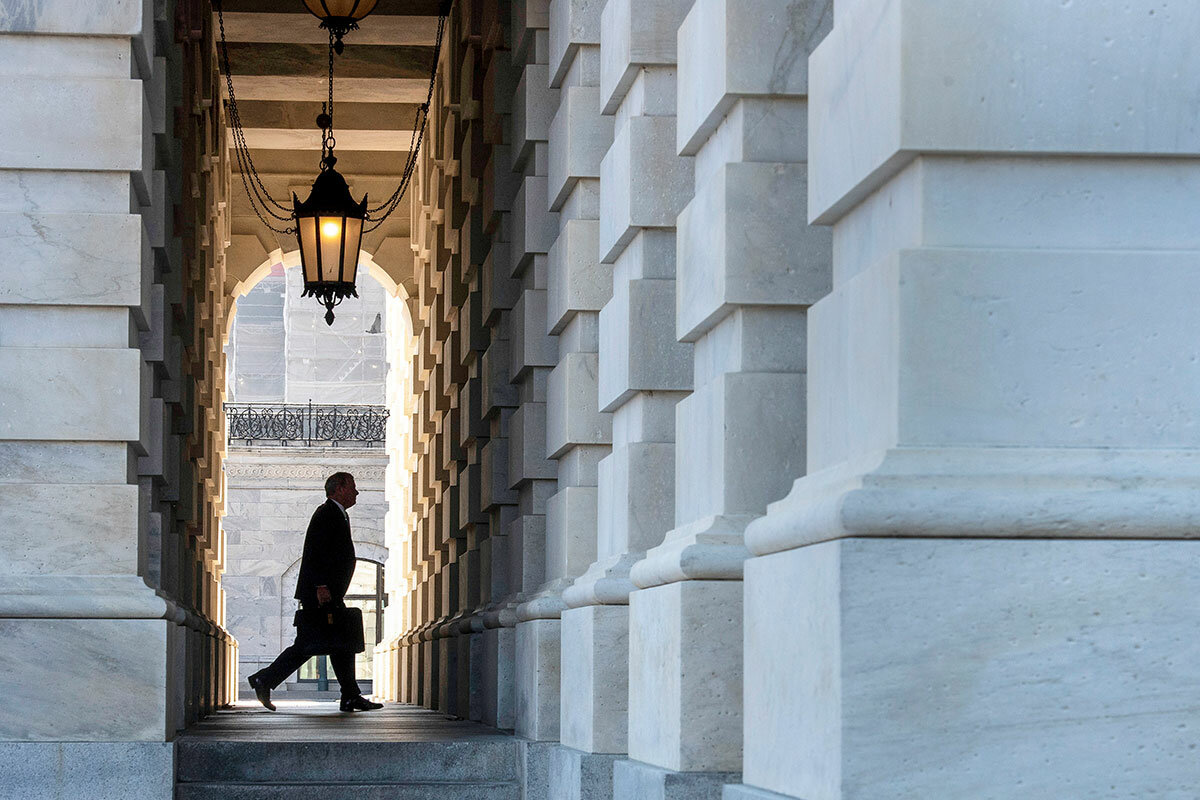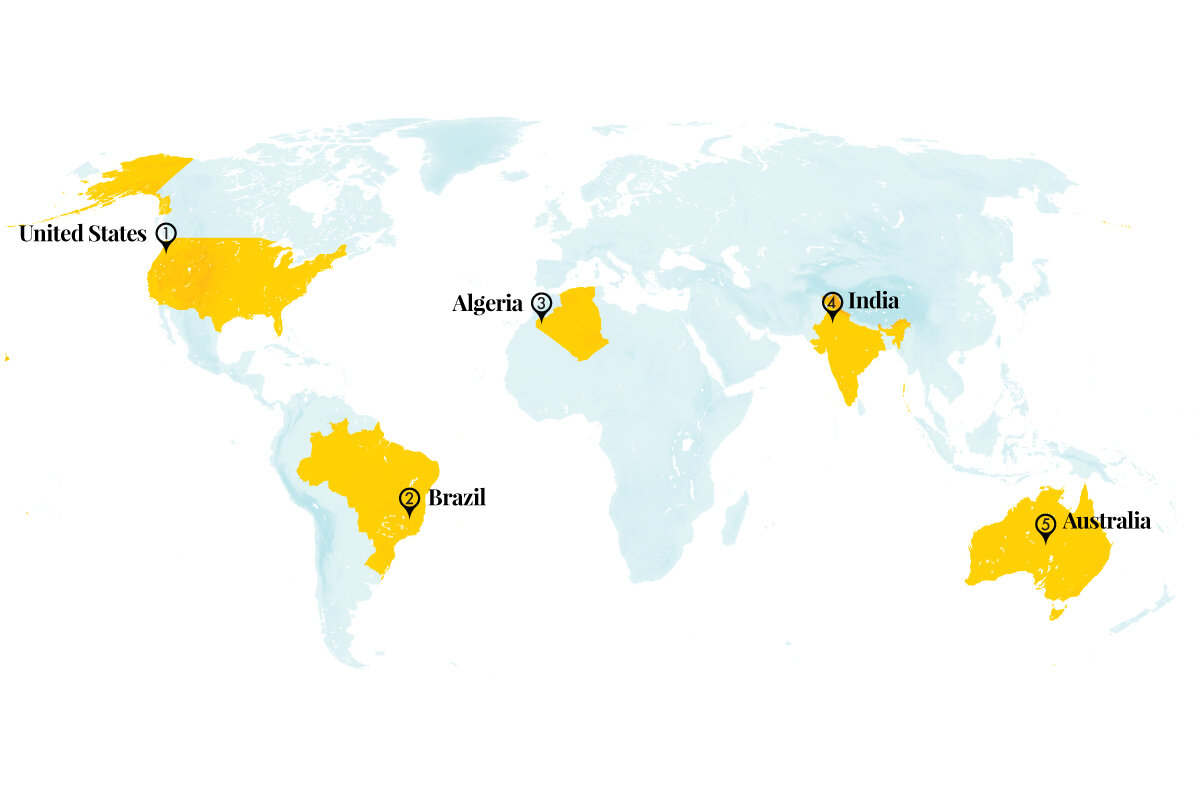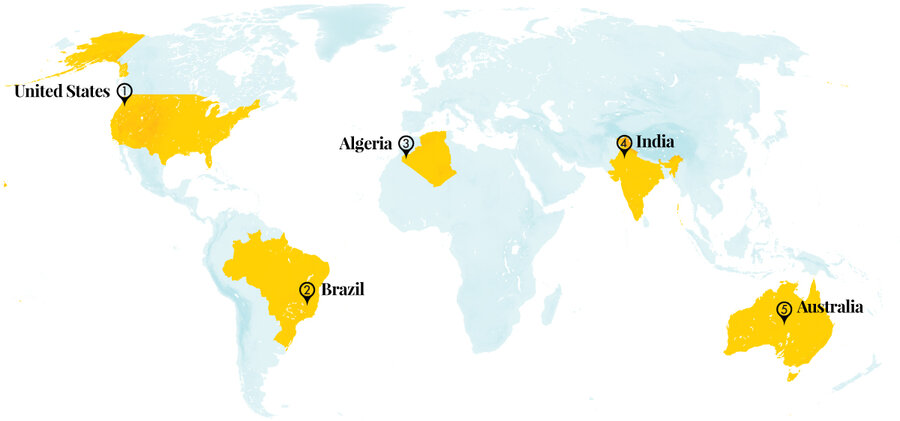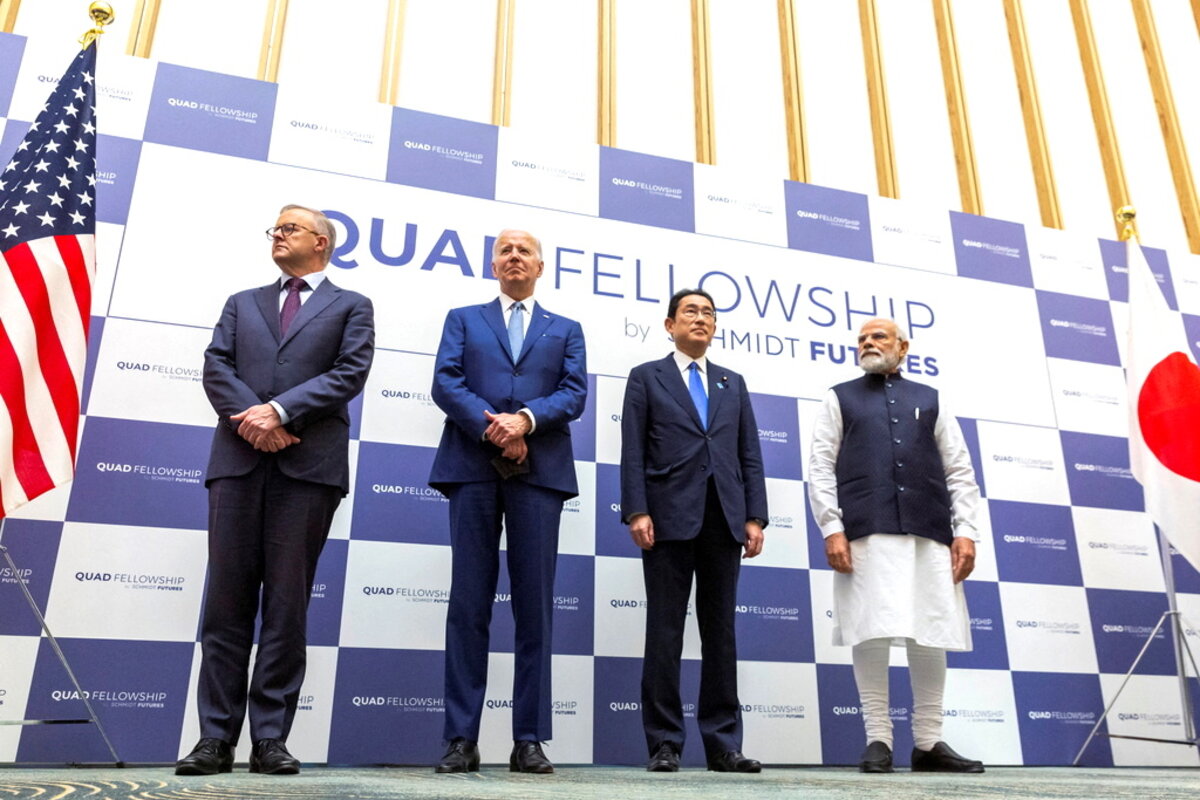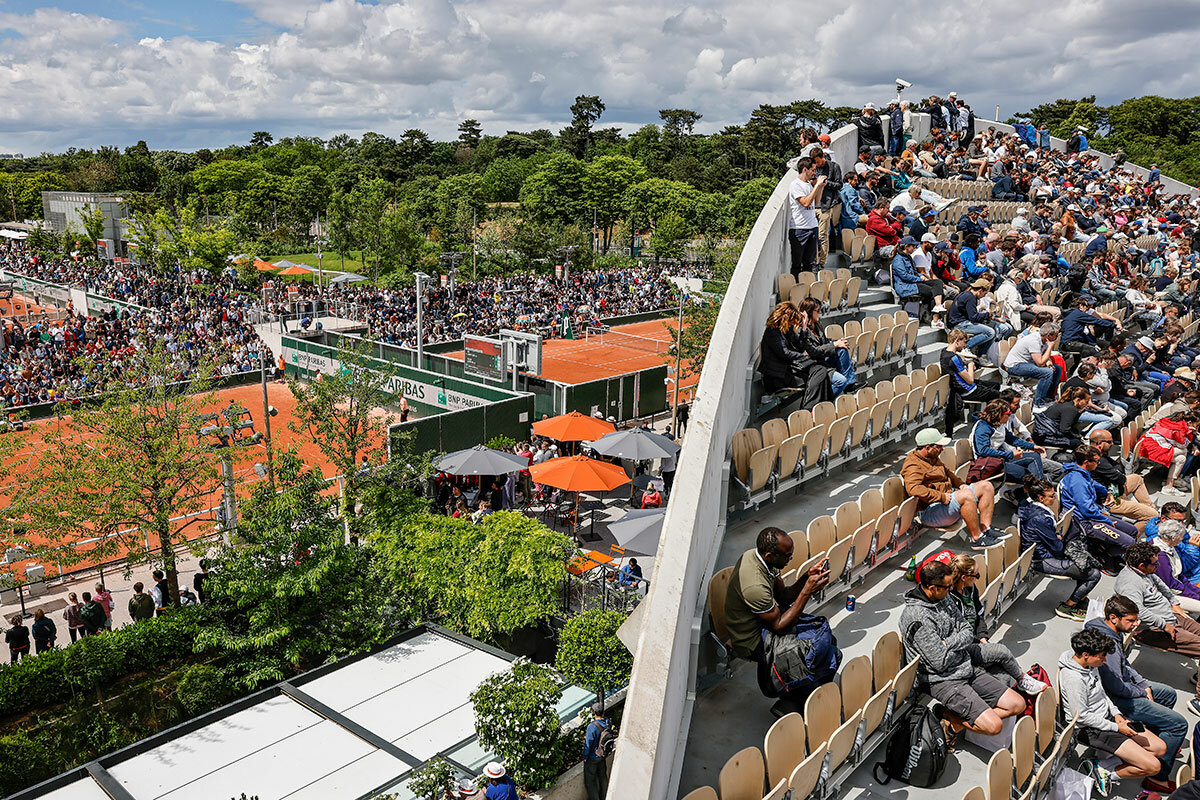During his tenure, the chief justice has built a track record – though not a flawless one – of coherence and consensus. It’s being tested now as never before.
Monitor Daily Podcast
- Follow us:
- Apple Podcasts
- Spotify
- RSS Feed
- Download
 Linda Feldmann
Linda Feldmann
President Joe Biden has this funny habit: He says what he thinks, even if he contradicts his own government’s policy. It happened again yesterday in Tokyo, when a reporter asked if he was “willing to get involved militarily to defend Taiwan, if it comes to that.” The question has fresh salience, given Russia’s invasion of Ukraine.
“Yes,” the president replied. “That’s the commitment we made.”
For decades, U.S. policy on the China-Taiwan question has been one of “strategic ambiguity” – keep Beijing guessing on how the U.S. would react if China tried to take over the island it already considers its own. President Biden seemed to leave little doubt.
It’s the third time he’s responded to that question in this way. Each time, the White House has quickly asserted that policy hasn’t changed. Mr. Biden and his team performed this two-step on another matter twice in March. First, he called Russian President Vladimir Putin a “war criminal,” a term with legal implications. The spin: He was just “speaking from the heart.” Days later, he said Mr. Putin “cannot remain in power.” Not a call for regime change, the White House said.
As a senator, Mr. Biden was famous for gaffes. And remember in 2012, as vice president, when he scooped the boss and said he favored same-sex marriage? The issues today are literally life and death, and Mr. Biden is still telling us what he thinks. But now he’s commander in chief; the buck stops with him.
It may be that Mr. Biden still thinks like a senator, and has suggested as much. But as president, the off-script moments can make for an awkward dance that seems to undercut his authority.
“Presumably” these clarifications are done “with his permission or at least his acquiescence,” writes Peter Baker of The New York Times.
It’s also possible that there’s a benefit to operating this way, allowing the administration to say things out of both sides of its mouth. We’d like to know more about how this all works behind the scenes. In the meantime, our ears are peeled for more such moments.




